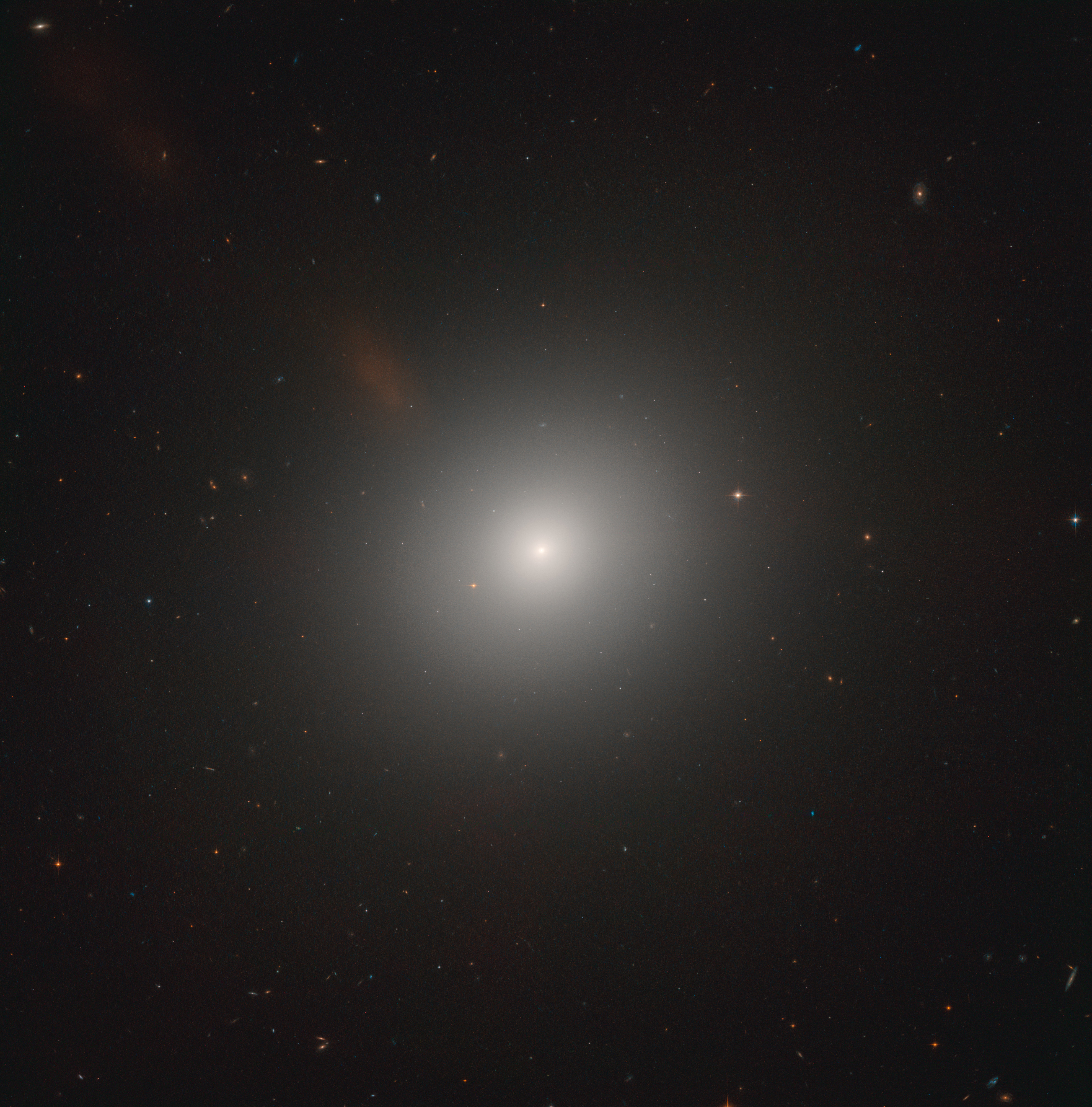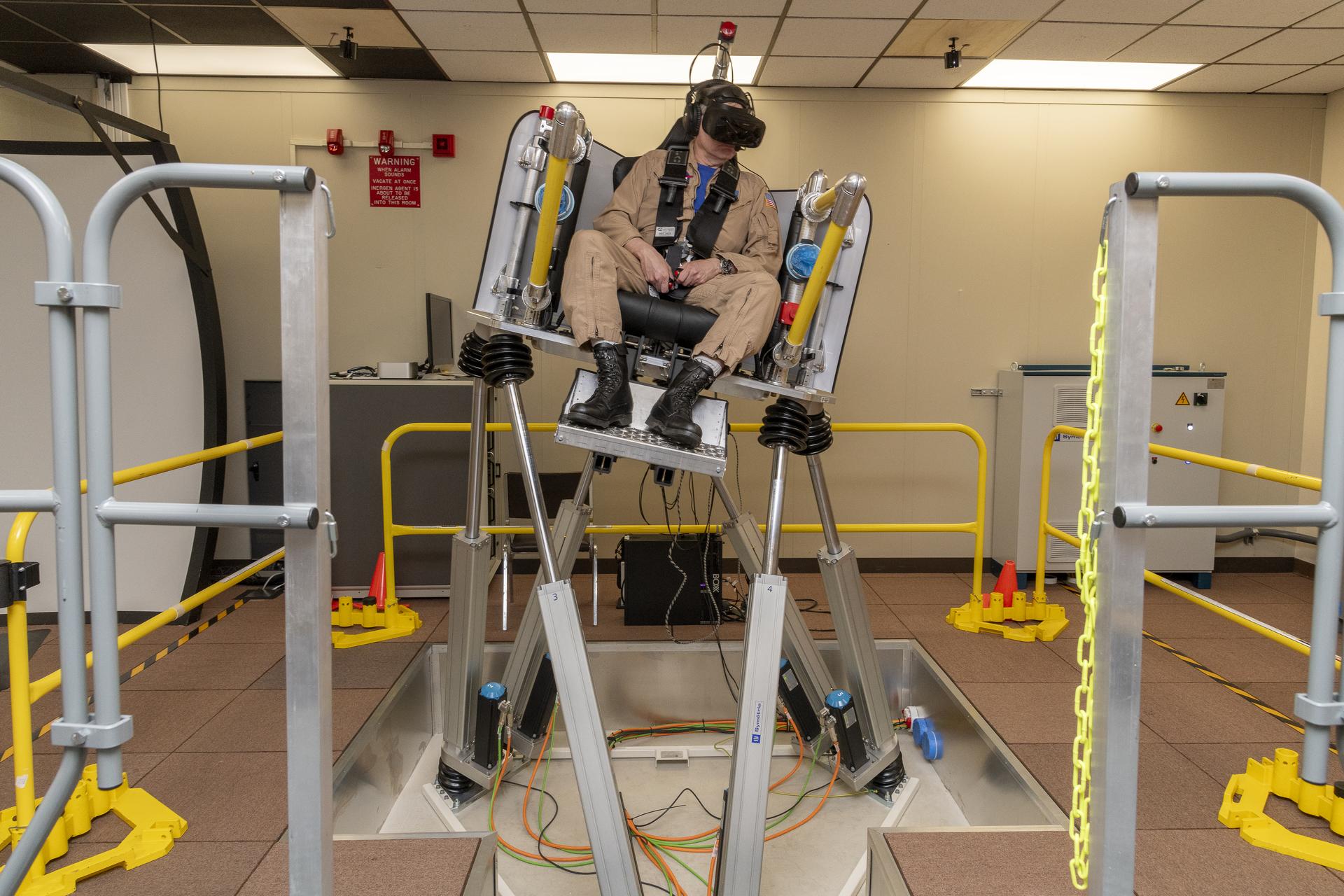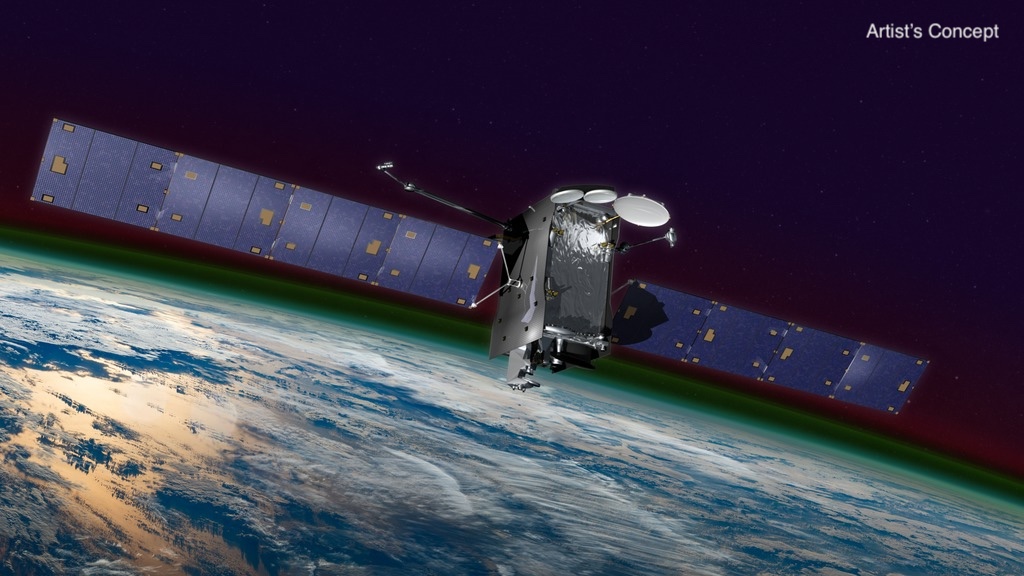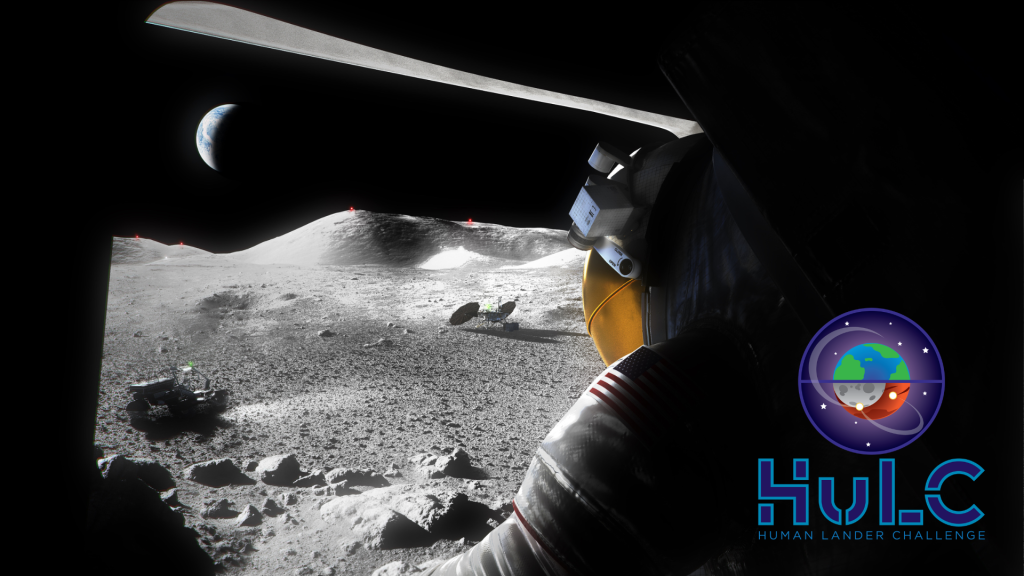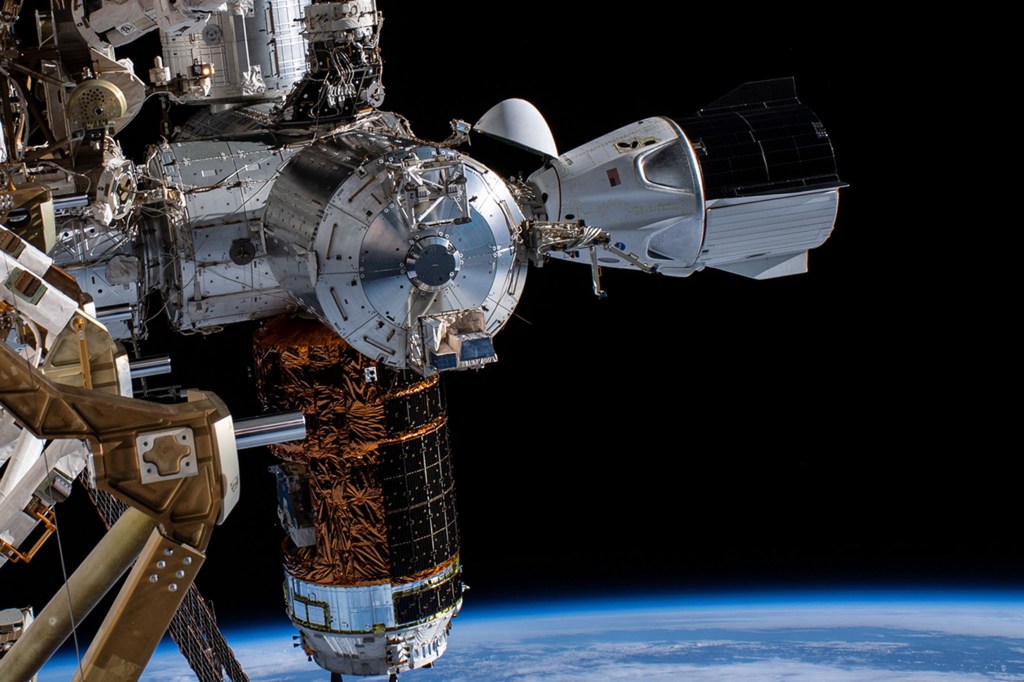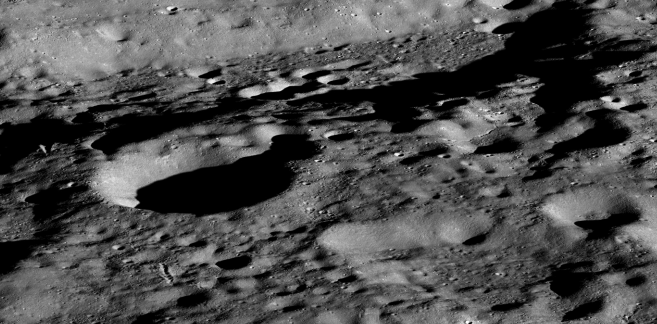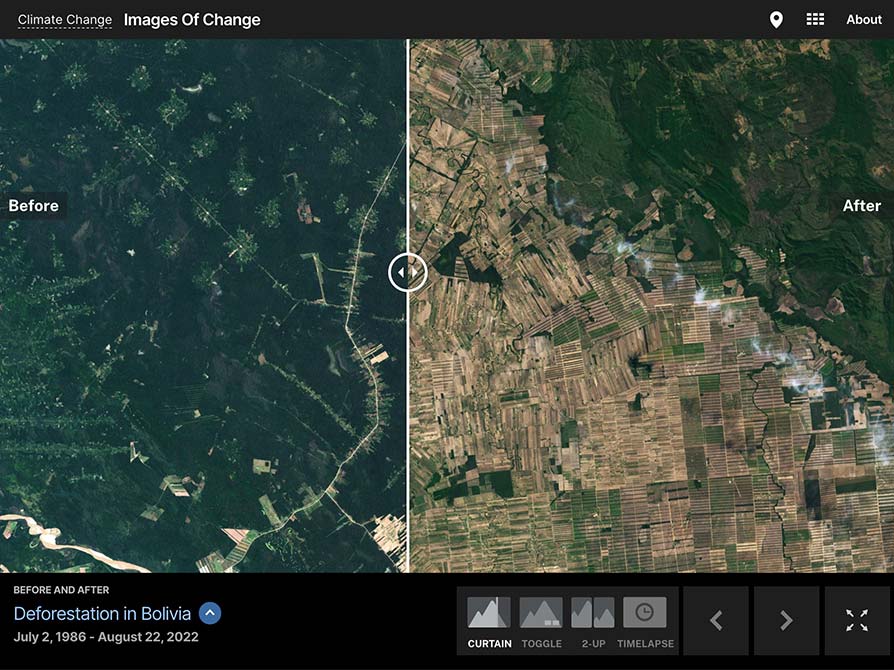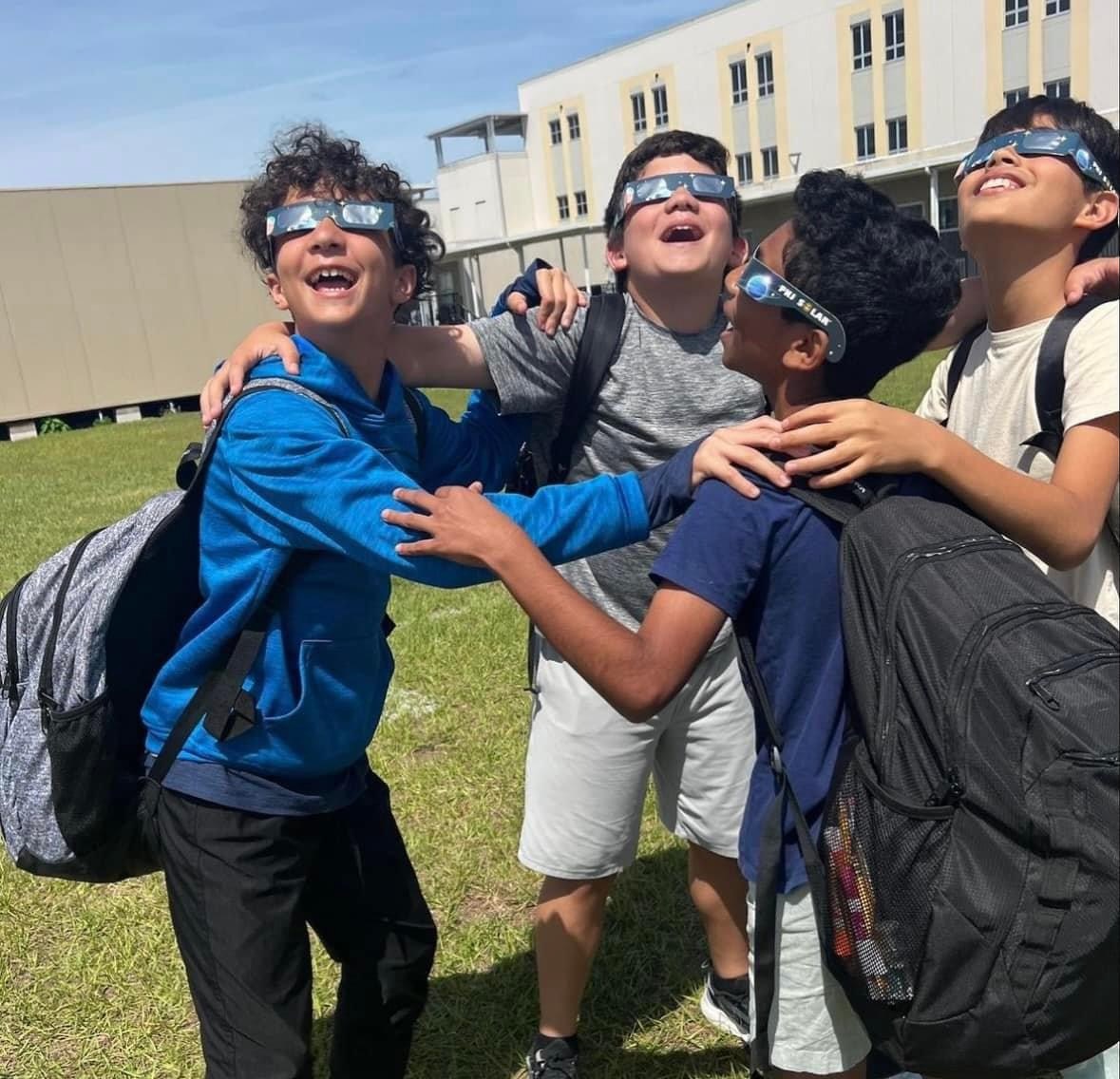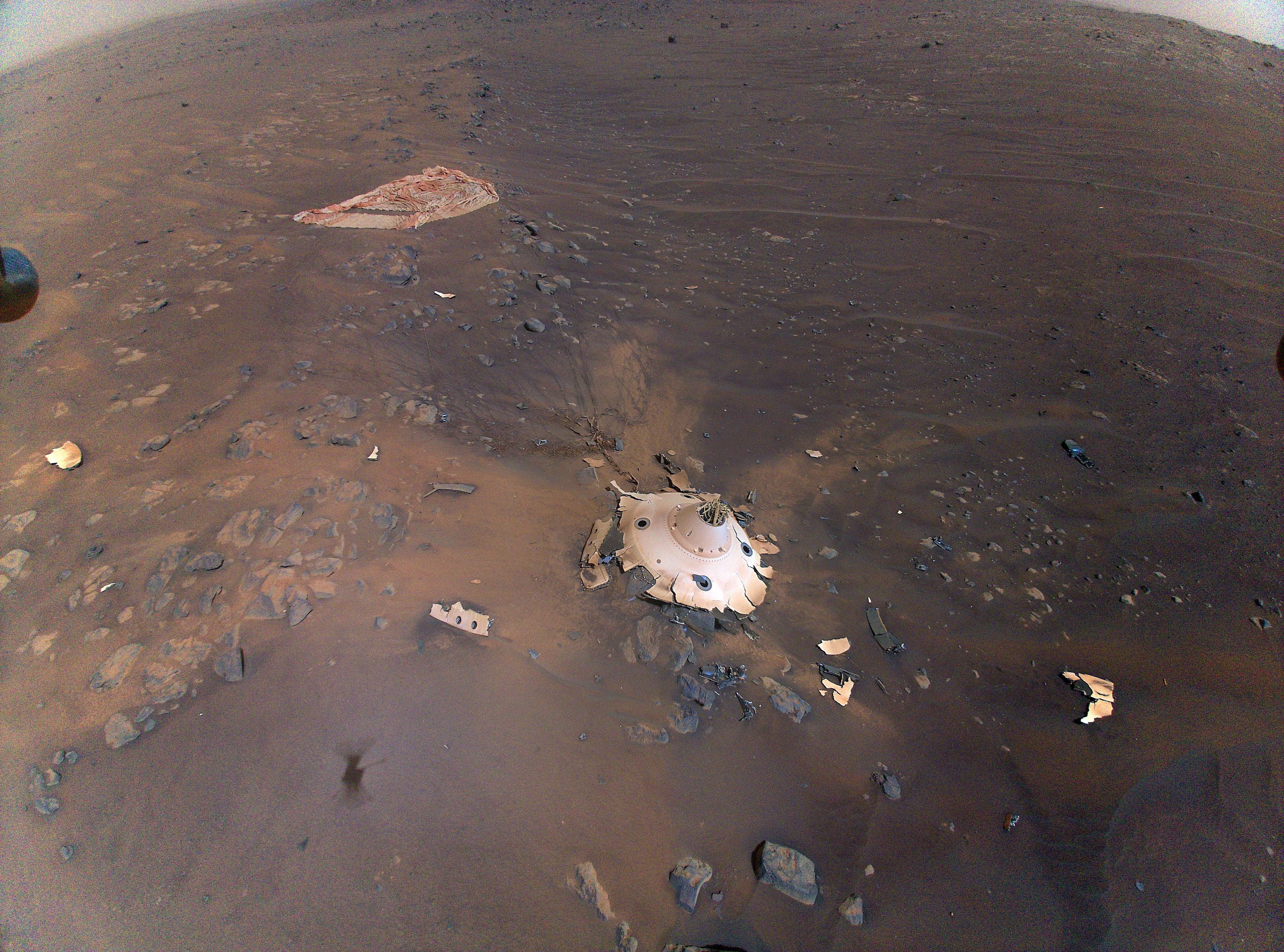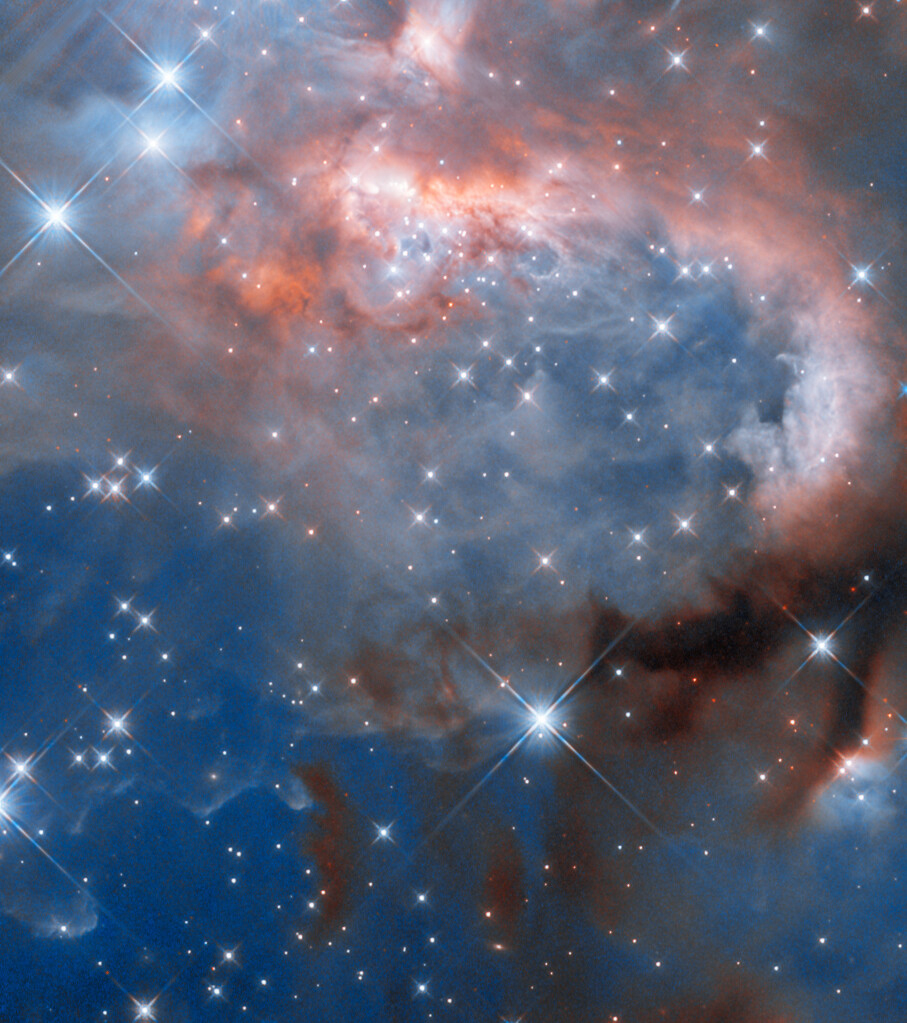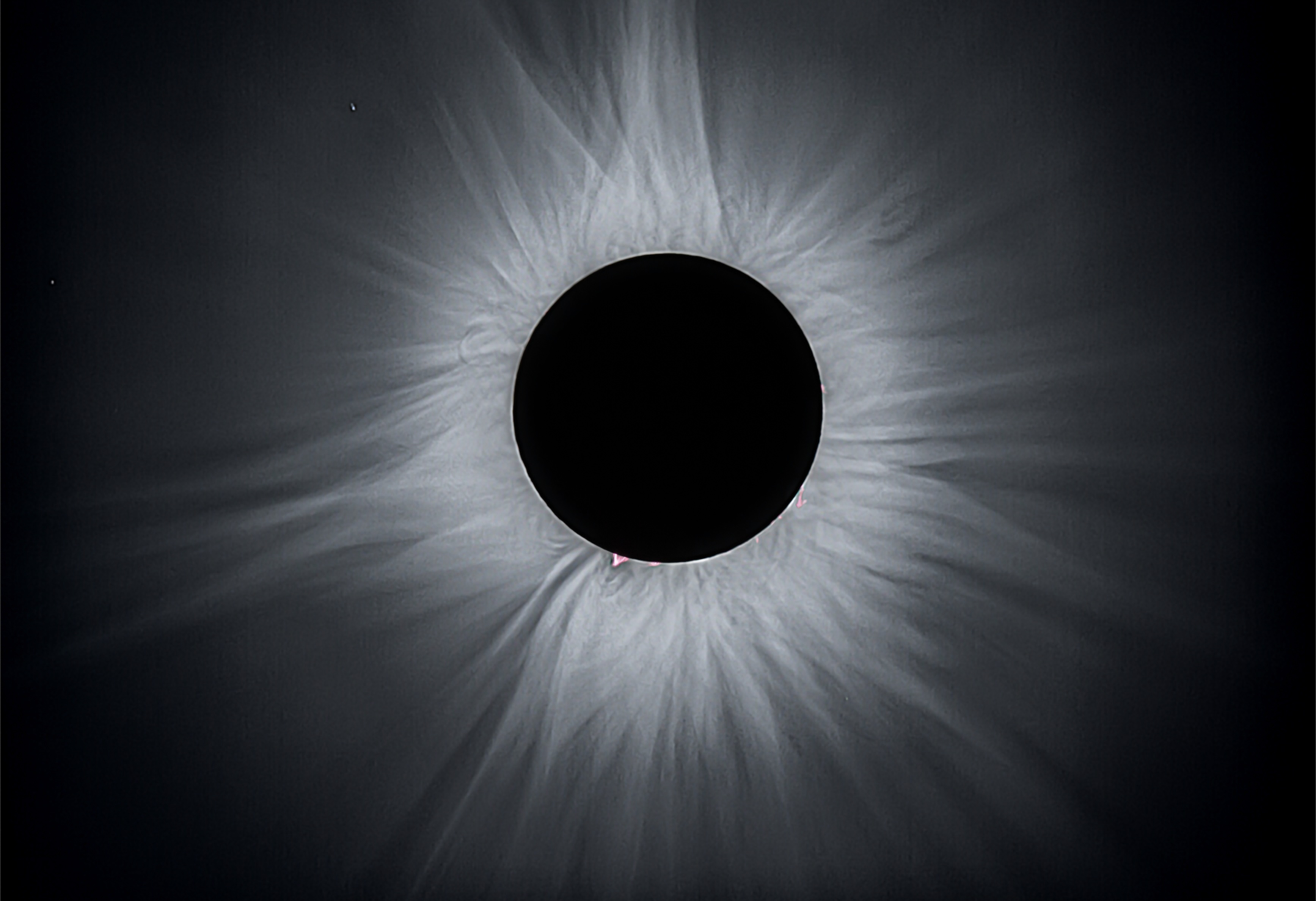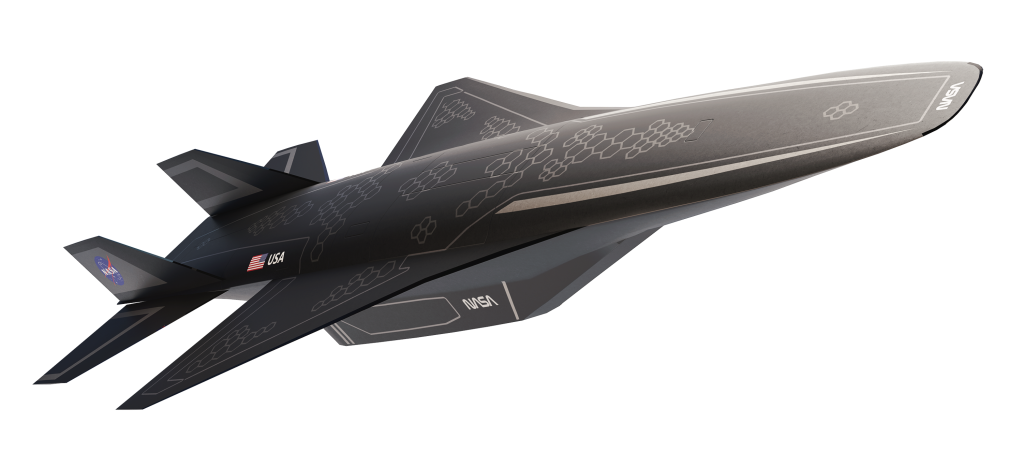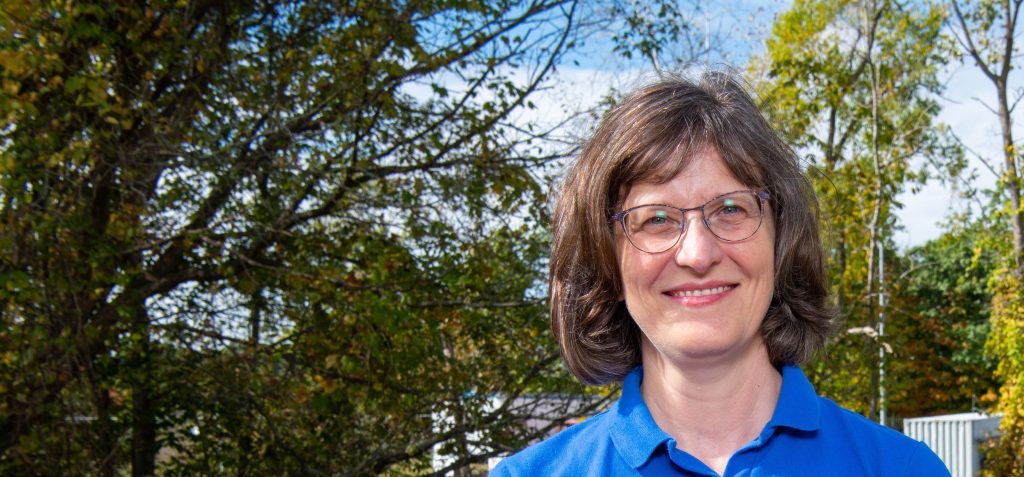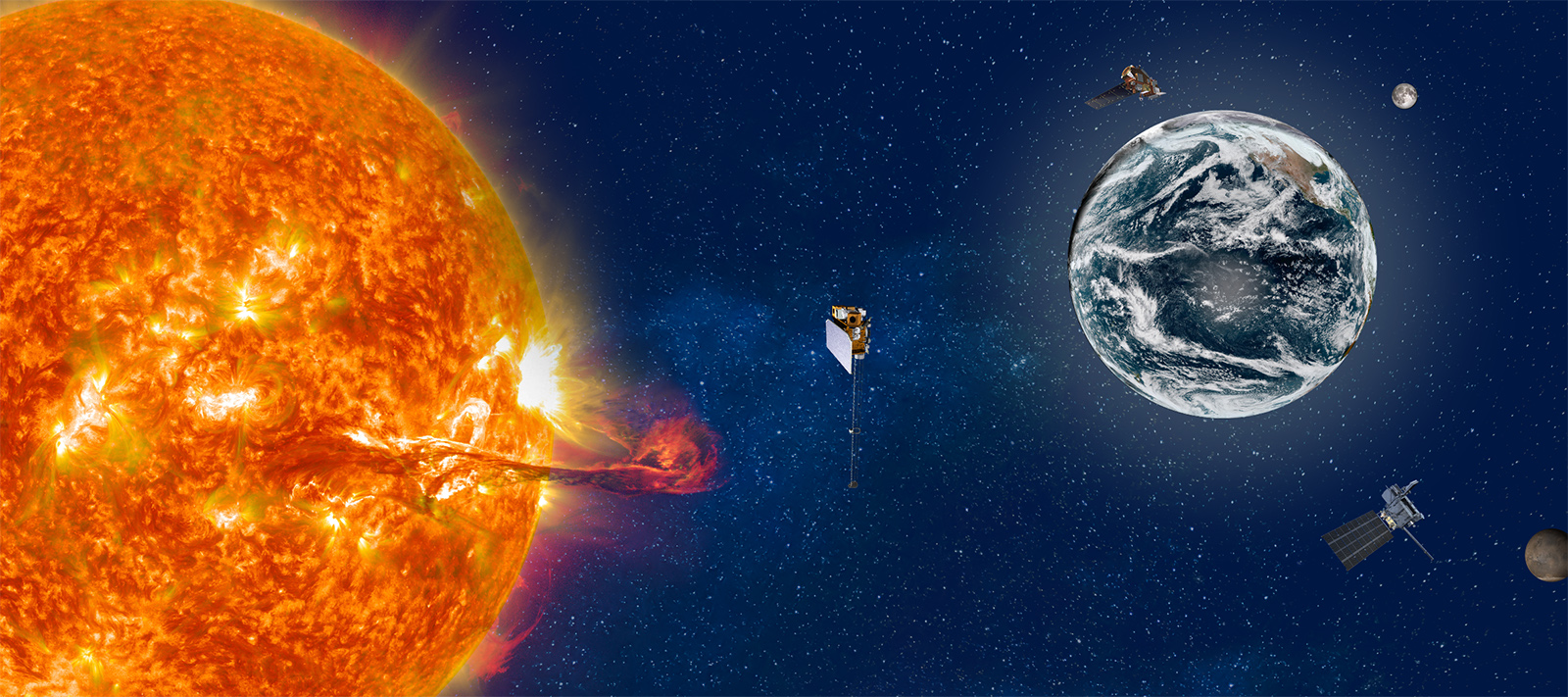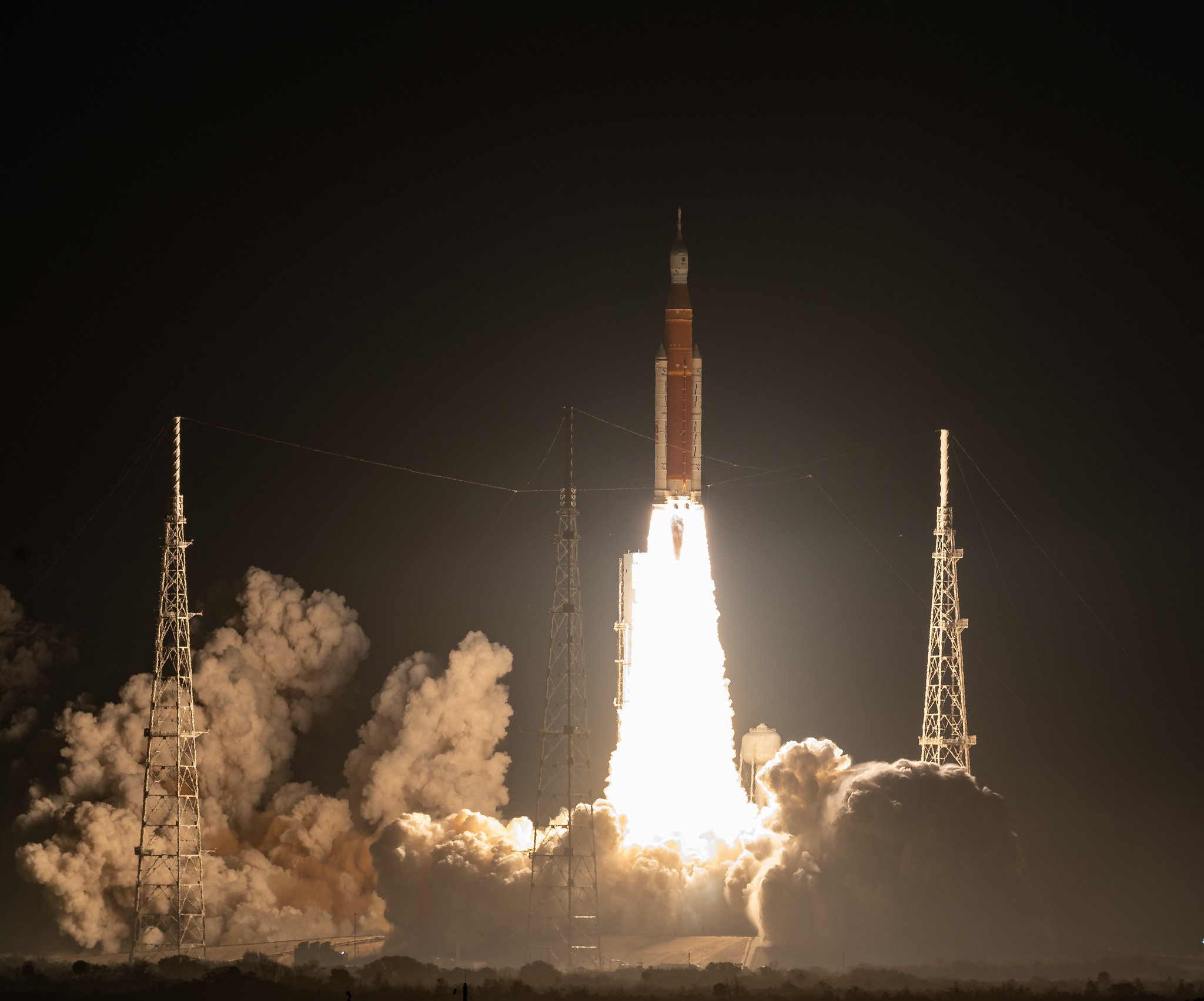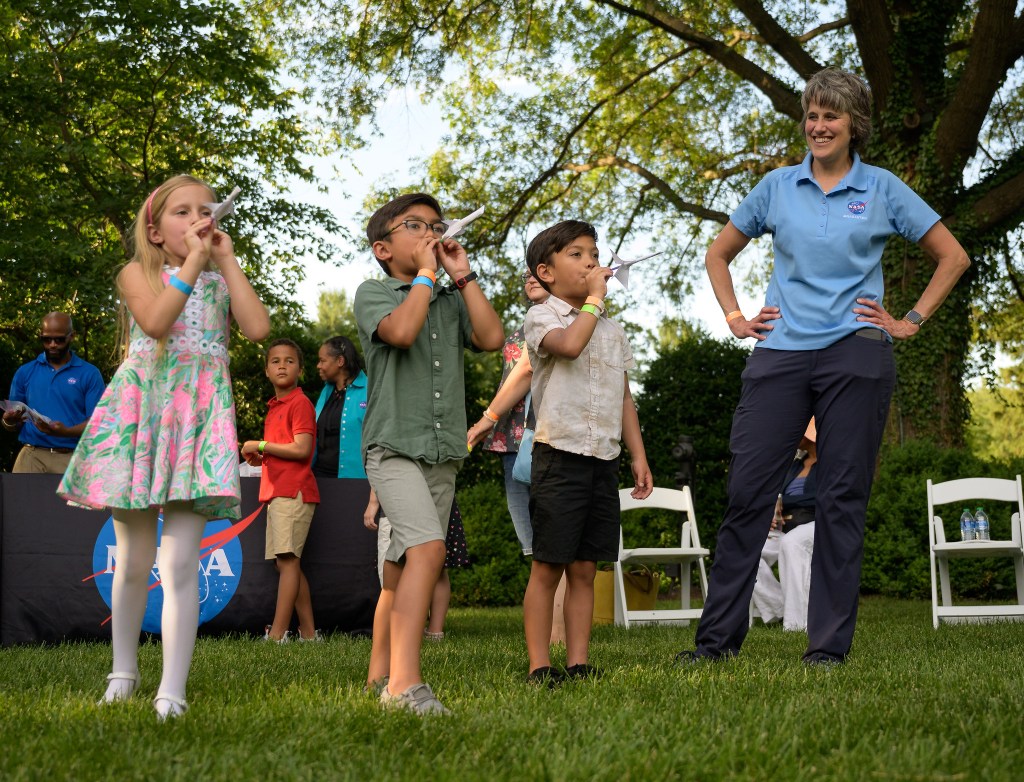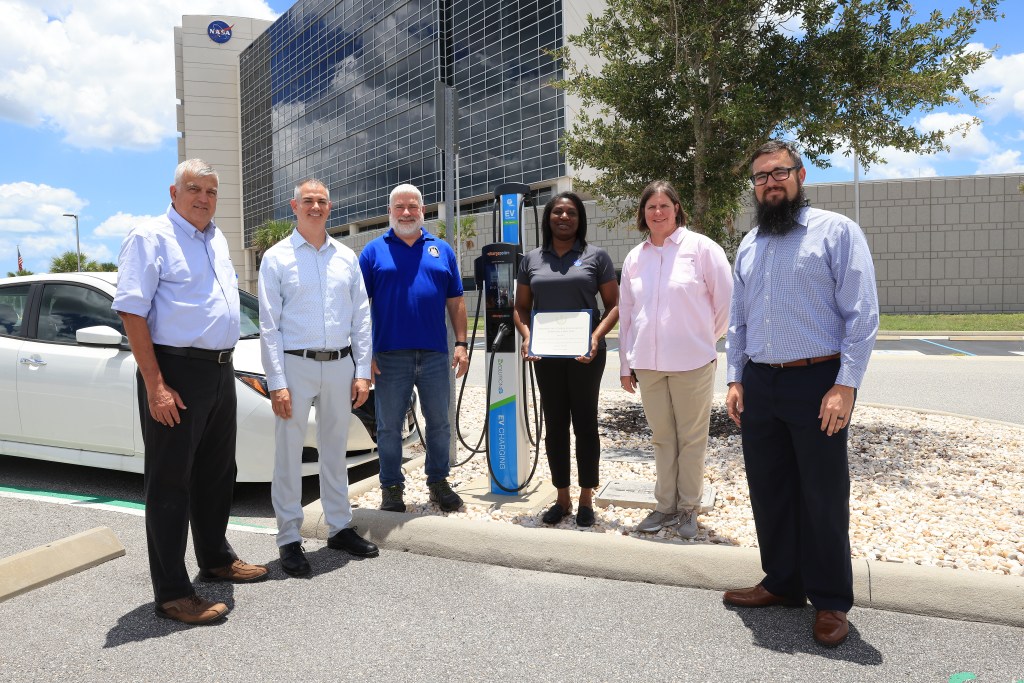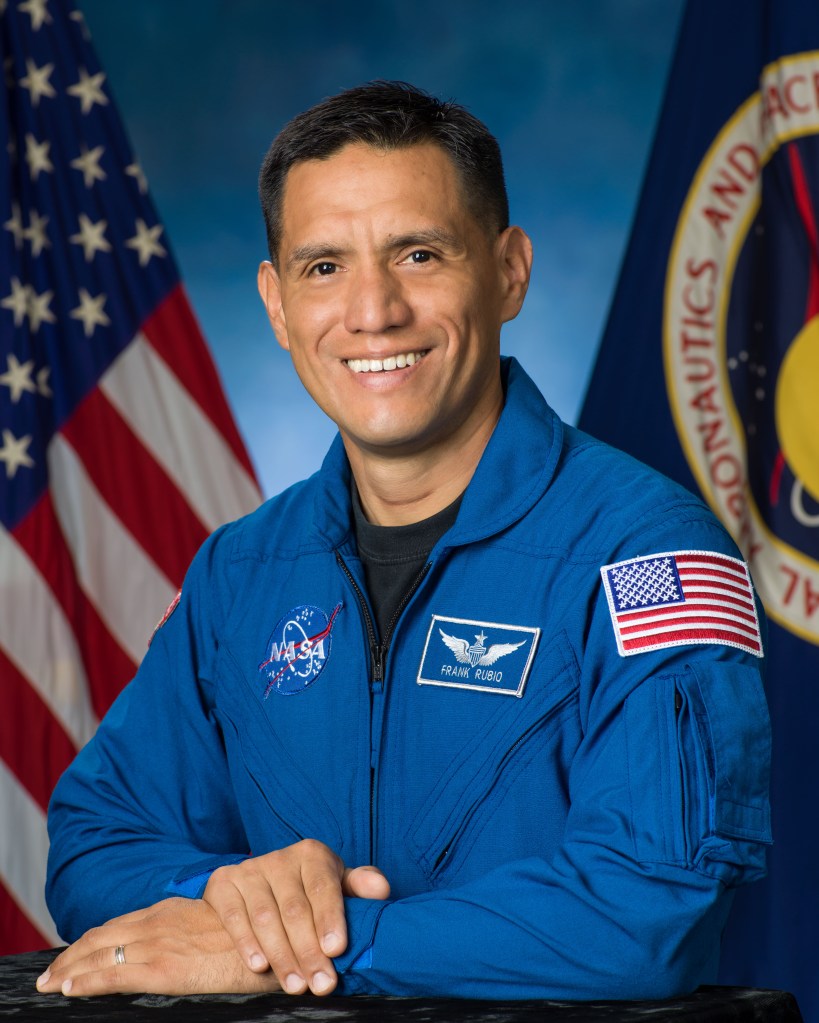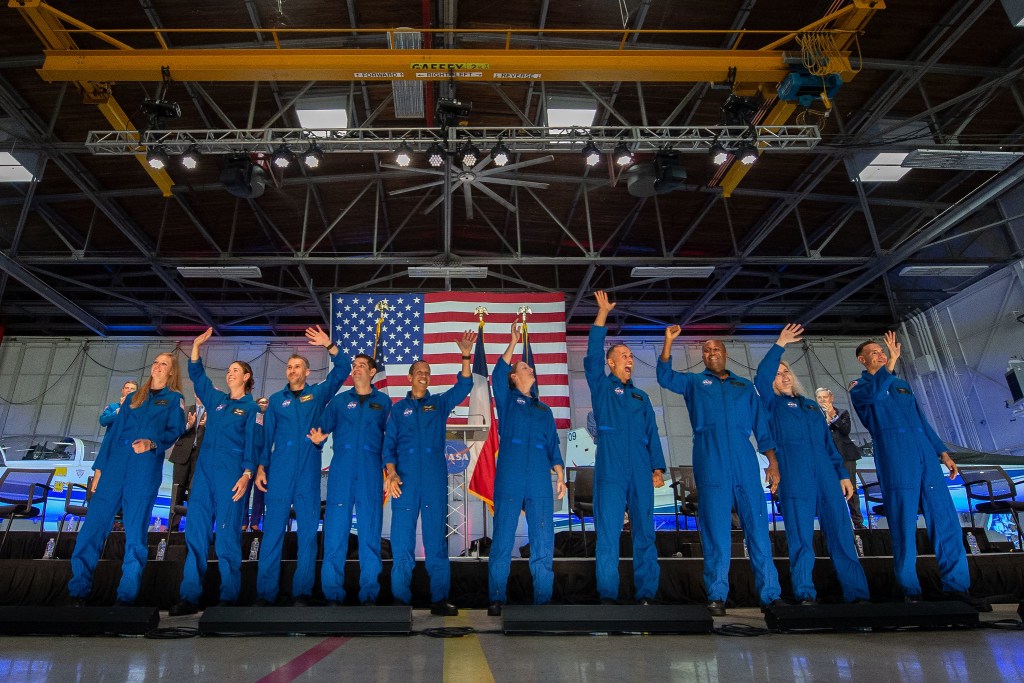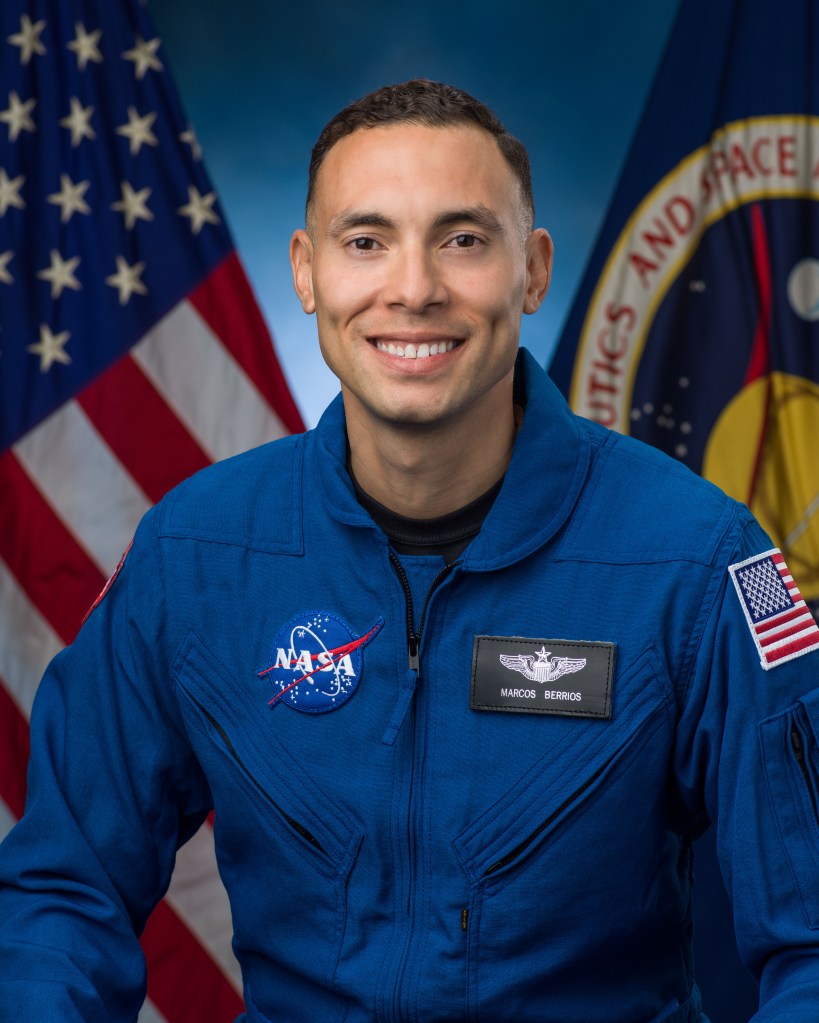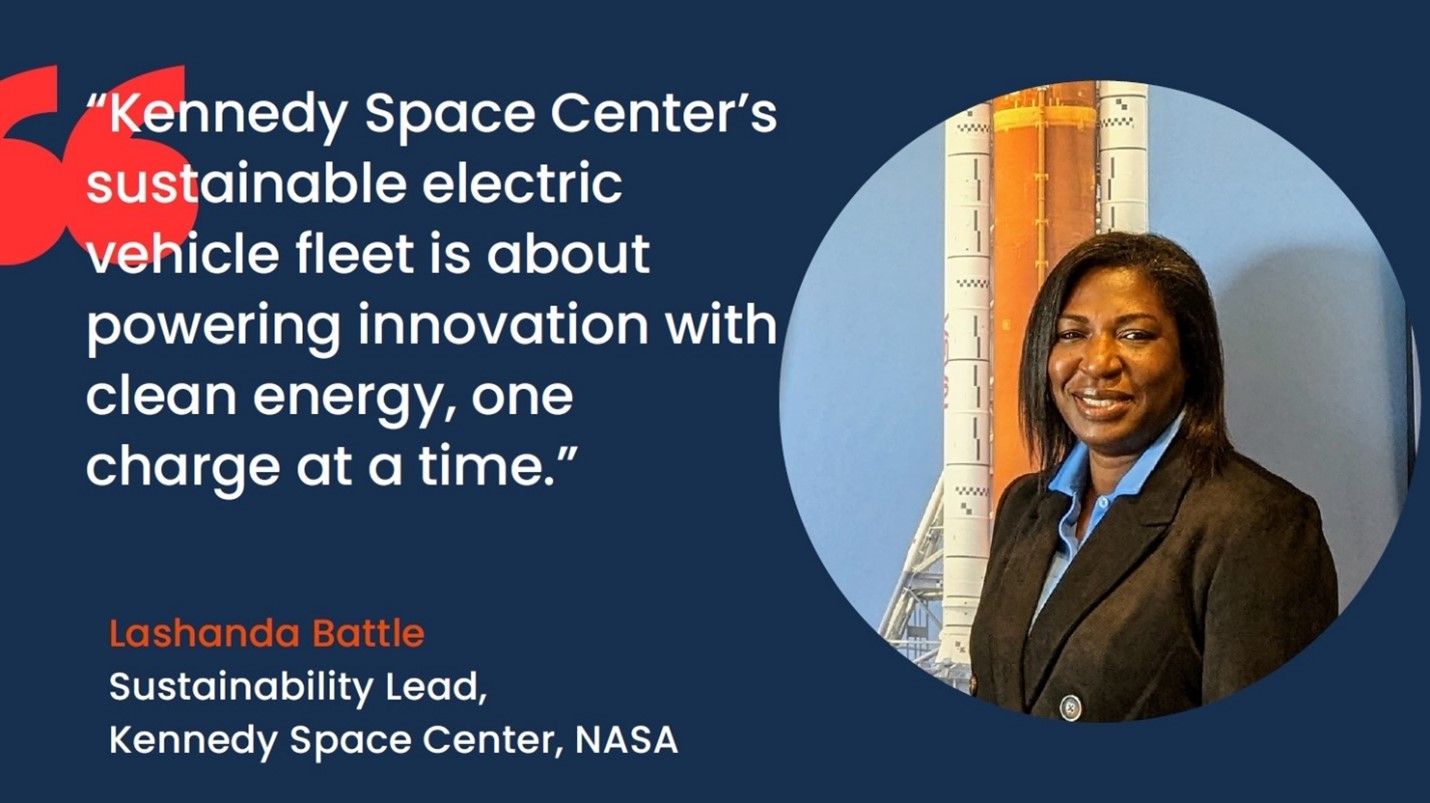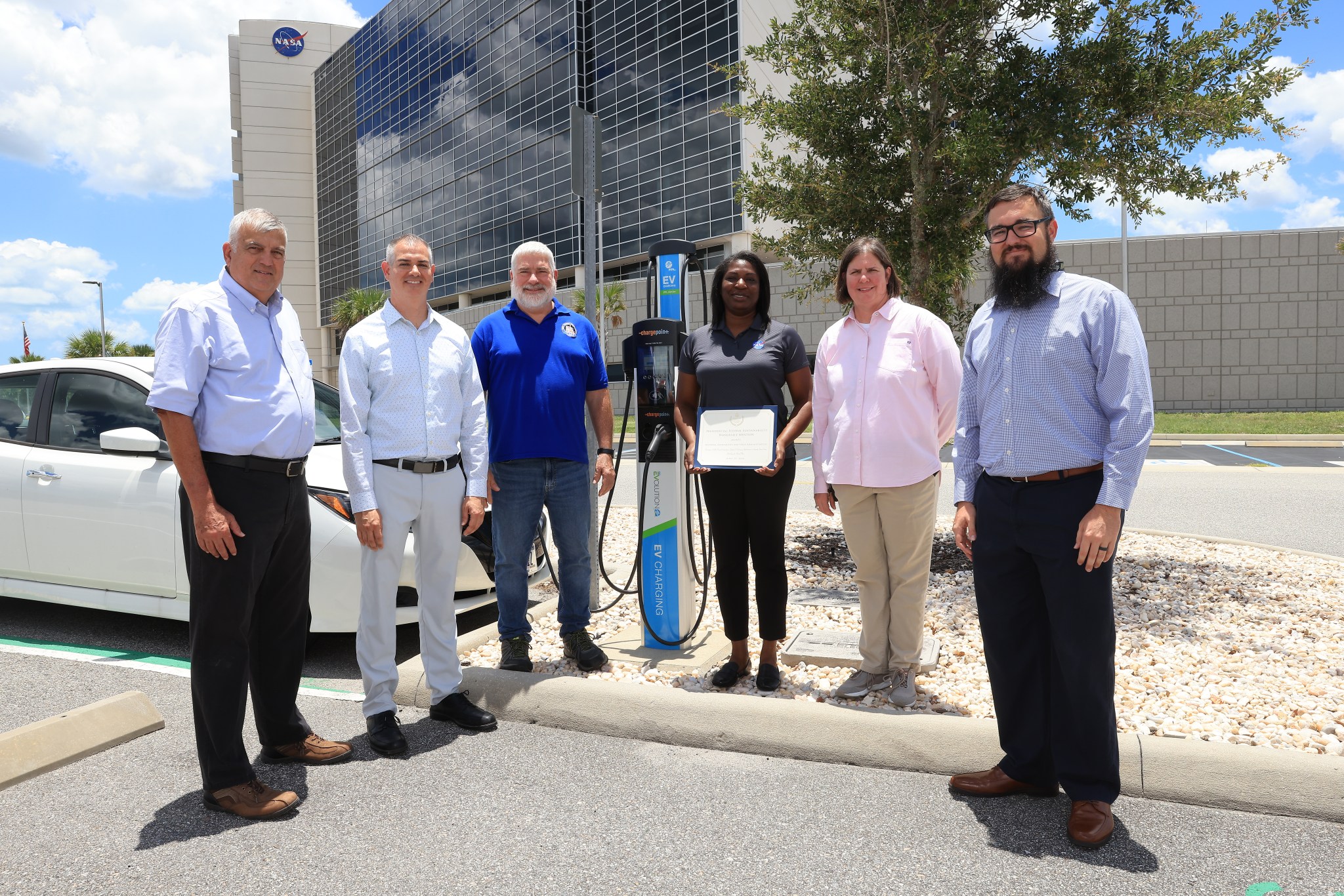
A team of seven NASA Kennedy employees was recognized by the White House for charging ahead with the expansion of the agency’s sustainable electric vehicle (EV) fleet at Kennedy Space Center. They did so at minimal cost to taxpayers while also offering zero emission EV charging for any workers and visitors willing to pay out of their pocket for the service.
The employees received an honorable mention in the “Electrifying the Federal Fleet” category at the Presidential Federal Sustainability Awards for working with Florida Power & Light Company (FPL), the local utility provider, to deploy FPL EVolution EV chargers throughout the center. Three of them attended the June 25 award ceremony inside the Indian Treaty Room at the Dwight D. Eisenhower Executive Office Building in Washington, DC.
NASA Kennedy’s first EV chargers were installed in August 2021, but the team’s efforts to add more increased after President Joe Biden issued Executive Order (EO) 14057 in December 2021, which mandates that federal agencies lead the way in creating an American electricity sector with no carbon pollution by the year 2035 and net-zero emissions throughout the economy by 2050.
“The team found a way to help NASA take one step closer toward a future of net-zero carbon emissions,” said Janet Petro, director of the Florida spaceport. “We’re proud of how they created a model for other NASA centers and federal government agencies to follow, leaving a cleaner environment for all of us to enjoy.”
The following employees were recognized, all of whom are part of NASA Kennedy’s Spaceport Integration and Services directorate or the Center Planning & Development Office:
- Gustavo Diaz, Center Services Division Chief
- Matthew Jimenez, Partnership Development Office Chief
- Gerald “Jay” Green, then Branch Chief
- Lisa Williams, then Deputy Chief of Logistics
- Lashanda Battle, Kennedy Sustainability Lead
- Melissa Coleman, Transportation Officer
- Spencer Davis, then Transportation Specialist
The NASA Kennedy team worked closely with FPL to create a customized electrification plan for the center, including design coordination, installation, and operations management for the EV charging infrastructure.
FPL installed 28 dual head charging stations, each of which can charge two vehicles at once, meaning that the center currently has the capacity to charge up to 56 electric vehicles at the same time. An additional 31 stations are scheduled to be operational at Kennedy by September 2024, increasing the center’s charging capacity by up to 118 vehicles simultaneously once they go online.
The FPL EVolution chargers are in the parking lots of various facilities within Kennedy, including the Central Campus Headquarters Building, the Neil A. Armstrong Operations and Checkout Building, the Space Station Processing Facility, Operations Support Buildings I and II, and the Logistics Facility. Those locations were chosen by the NASA Kennedy team following consultations with Kennedy employees.
“This partnership gives NASA Kennedy access to FPL’s charging infrastructure, saving the government about $1 million in construction costs,” said Maria Collura, director of NASA Kennedy’s Spaceport Integration and Services. “It also allowed Kennedy to replace 19 gas-powered vehicles in its fleet with electric models, making this a win-win for the American taxpayer and the environment.”
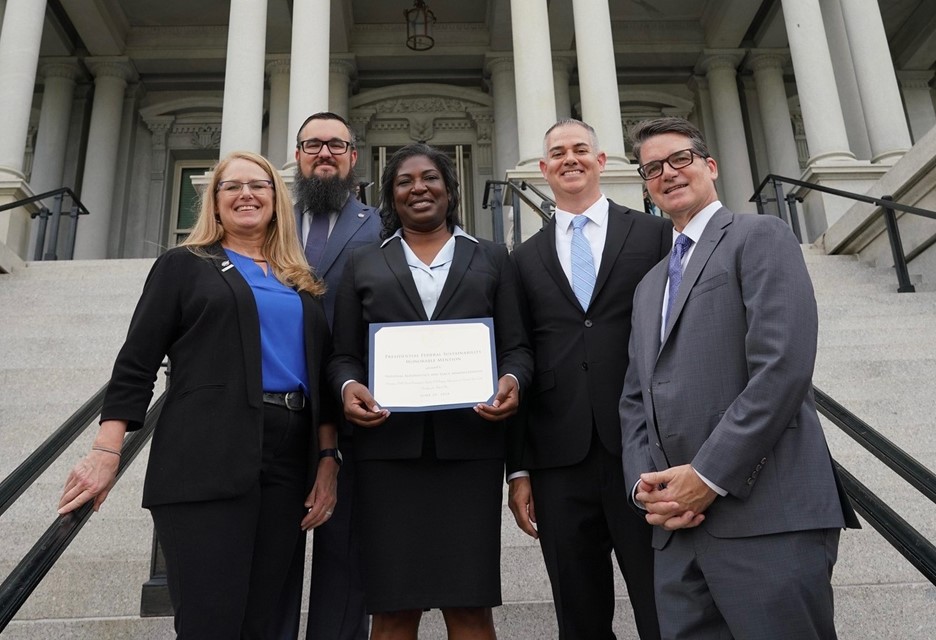
NASA Kennedy’s FPL EVolution workplace charging stations have been used over 16,000 times since May 2022, leading to a reduction in greenhouse gas emissions of nearly 230,000 kilograms and a gasoline savings of nearly 40,000 gallons. Personal vehicles make up most of those charging sessions, which users pay for before each charge, so the service comes at no additional cost to taxpayers.
NASA Kennedy is the first of the agency’s centers to offer workplace EV charging for employees and visitors. The team which spearheaded that project is now working with other NASA centers interested in offering the same to their employees and visitors.
To ensure proper use of the chargers and plan future agency-wide transportation efforts, the team collects data from all charging stations and reports it to NASA’s Agency Transportation Officer for inclusion in the yearly Fixing America’s Surface Transportation report submitted to the Department of Energy.
EV chargers are just one way NASA Kennedy is implementing EO 14057’s mandate of zero emissions by 2035. The center also uses hybrid vehicles and alternative fuels such as E85 and biodiesel as part of its comprehensive approach to a cleaner environment.

